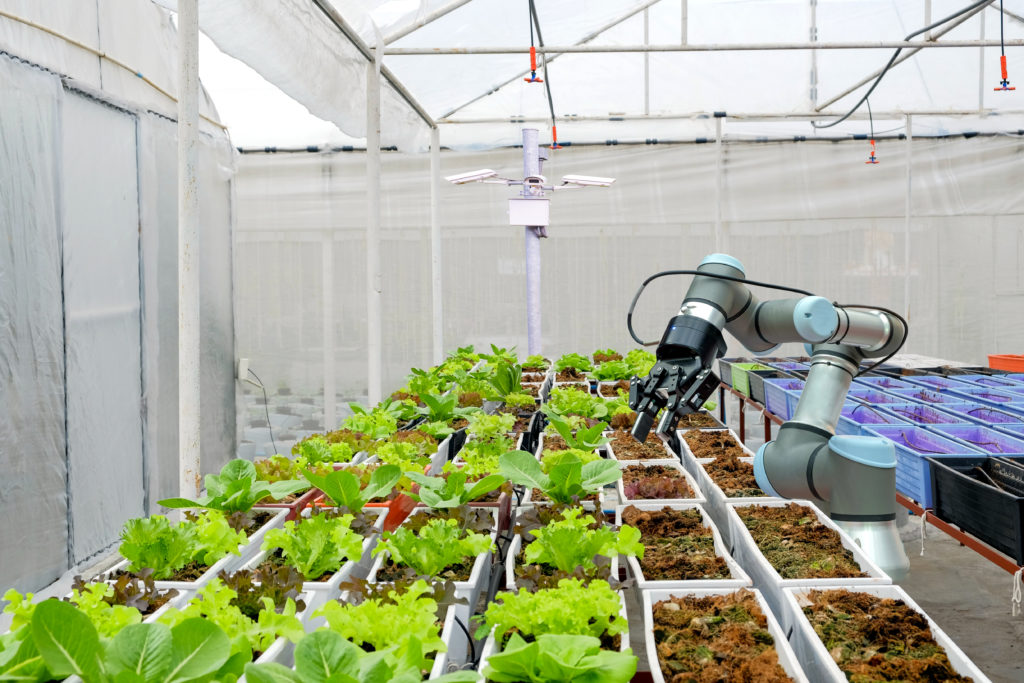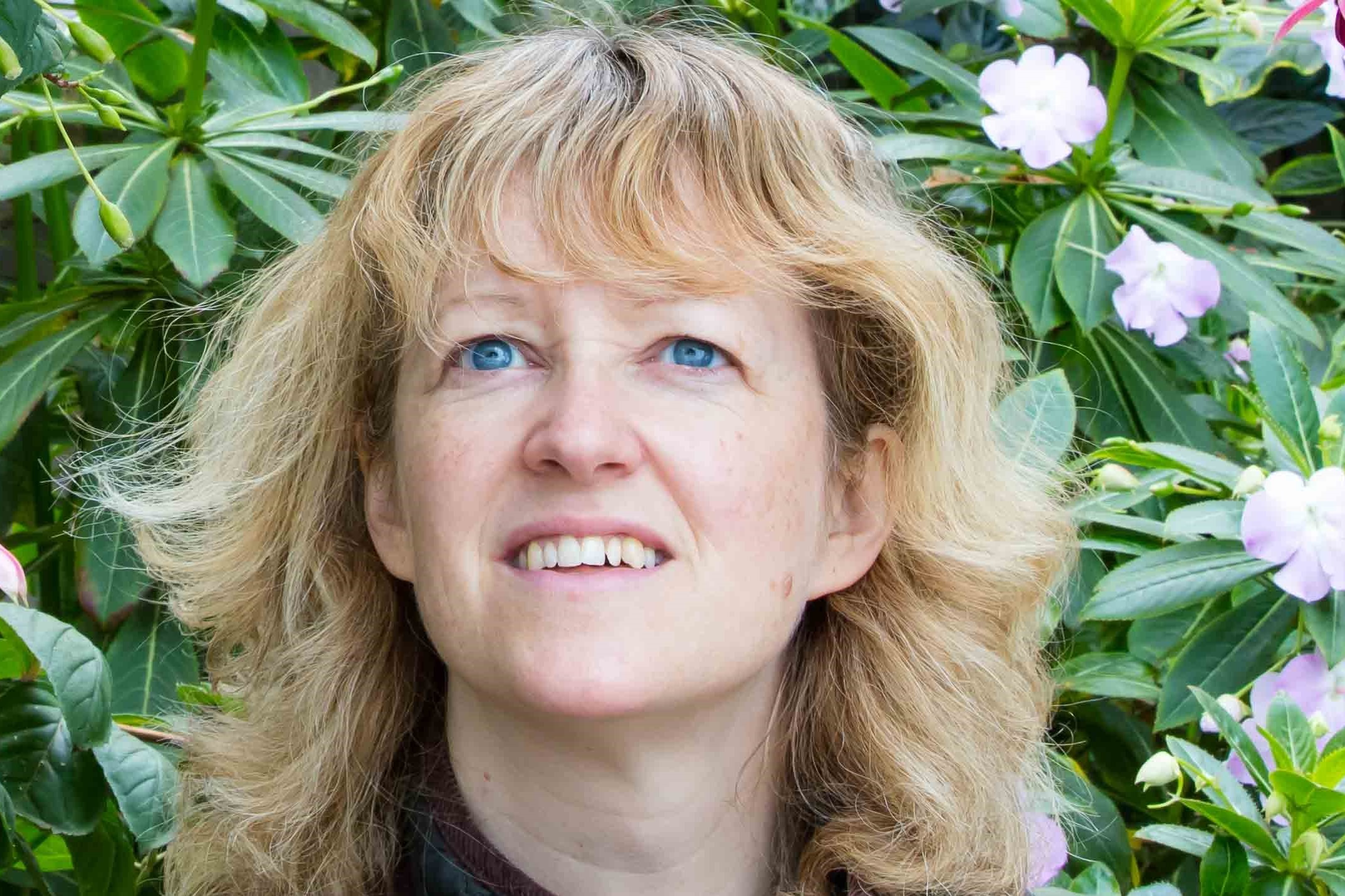
The United Nations’ Sustainable Development Goals, a so-called “to-do list” for people and the planet, presents 17 objectives of which “Zero Hunger” (number 2) is inextricably linked with many others. Without food security we cannot aspire to address climate action, achieve social equality, deliver clean affordable energy, or realise gender equality.
Yet it is a complex and multi-factorial issue with no single solution. However, one thing is clear – the potential for innovation to contribute significantly to the success of this pressing SGD goal.
There are two sides to the very simplest of approaches to addressing food security – increasing productivity and reducing waste. And technology is already delivering on both, globally and more locally in the UK’s Agri-Tech East community and across Europe.
Being more productive
Increasingly productivity is a Holy Grail, with Defra’s Farm Business Surveys (compiled annually using data from the University of Cambridge Rural Business Unit) highlighting the apparent increase in farm productivity in the England being due, in reality, to cost reductions and increased efficiency of machinery and production systems, rather than true growth in on-farm productivity.
Innovative solutions to increase productivity include tools for precision agriculture (helping reduce unnecessary use of inputs), sophisticated programmes of advanced plant and animal breeding, and at its most ambitious, increasing the efficiency of photosynthesis itself to collect and store more solar energy and transform it into food.
Alternative protein sources, such as insects (for human consumption and animal/ aquaculture feedstocks) and non-animal production of meat using so-called “cellular agriculture” are all being lauded as potential solutions to the food security challenge and surely represent bleeding-edge innovations (almost literally, in the case of some meatless burgers!).
What of waste?
Again, at its simplest, waste in the food supply chain occurs both before and after harvest. In productive, developed economies, the majority of this wastage occurs beyond the “farm gate”, in the food processing, retail and consumer parts of the value chain. Elsewhere, pre-harvest losses can be as much as 50 % of the total theoretical yields, due to pests and diseases, lack of effective input chemicals, natural disasters and inefficient production systems.
The highly-anticipated “circular economy” approach has been particularly successful in Europe and is increasingly gaining traction in the UK, by which “waste” from one value chain provides the feedstock or starting point elsewhere. Examples of these include use of olive stones and coffee grounds to act as soil conditioners or even sources of energy, novel food packaging using plant-based materials such as starches and other plant parts, and extraction of high value materials from below-specification food products, such as colourants from red and purple soft fruit.
Increasingly, use of vast data sets around performance, yield and environmental parameters are also being used to develop algorithms to generate predictive crop growth models, enabling benchmarking of progress throughout the season. Such models also give members of the wider supply chain line of sight of anticipated yields and production capabilities. This also helps reduce over-production to meet potential demand by helping to match the supply chain needs without wasteful “just in case” extra delivery.
So is innovation the answer to global food security? Undoubtedly there is a role to play, but it is not the only answer, as we know. But to stand a chance of succeeding, innovation in this space needs ambitious and visionary ideas generation, an enabling regulatory system, and the opportunity for low-risk adoption of new solutions by farmers.
The Venture Creation Weekend: Innovation in Food Security led by the Entrepreneurship Centre at Cambridge Judge Business School provides an opportunity to bring new ideas to this emerging sector.
Dr Belinda Clarke, Director of Agri-Tech East, will be judging the startups at the upcoming Venture Creation Weekend on 15-17 March 2019. For more information and to register your attendance, please visit the Venture Creation Weekend webpage.




James Adams - Startup Incubator Norwich
‘There are two sides to the very simplest of approaches to addressing food security – increasing productivity and reducing waste.’
I completely agree, and in many cases the focus always seems to be around production method and yield, rather than the eco-system of food security.
We cannot simply focus on production, it is about ability to de-centralise that point of production to the point (or more accruately place) of consumption.
Whilst I appreciate the circular economy approach detailed, waste is, especially at levels of current ‘farm gate’ wastage, generally a function of a food system built on a supply led approach. Right now farming seems to strive to grow bumper yield, push that yield at a premium, then devalue to an unsaleable position and waste what isn’t sold.
Even with the better forecasting models as outlined in the piece, crop switching or shutoff in a supply led globalised food systems feel at odds with increased efficiency of yield positions as an outcome that delivers efficiency.